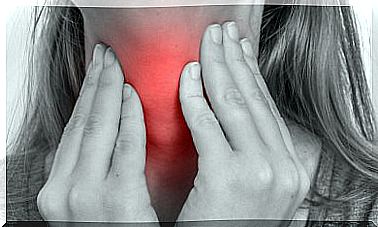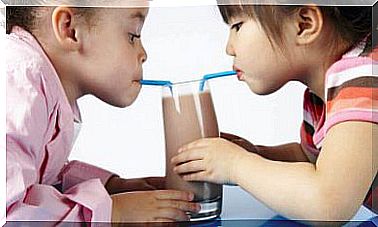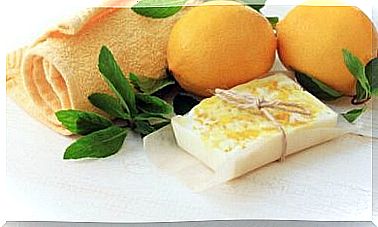Sunbathing Or Taking Vitamin D? What Is Best For Me?
We all know that we need to sunbathe to get vitamin D in our body.
However, what can we do if we live in a slightly sunny place or during times of cold and clouds? Would we need to take a vitamin D supplement?
In this article we give you the keys so that you do not lack this important vitamin, whether you decide to obtain it by exposure to the sun, with food or as a nutritional supplement.
Why is vitamin D essential?

Vitamin D is essential for our body because it helps us absorb calcium, a fundamental mineral in the bone formation process.
For this reason, if we do not get enough vitamin D, during childhood we can suffer rickets, while as adults we can suffer from osteoporosis.
There is much talk about calcium, but we must not forget that we also need vitamin D for its correct assimilation.
Vitamin D is also very beneficial in preventing cancer, especially colon cancer.
Its deficiency is related to disorders such as obesity, autism, hypertension, heart disease, insomnia, psoriasis, asthma, migraine or infertility, among others.
Is sunbathing enough?

First of all, we must say that sunbathing is the healthiest and most direct way to obtain the amount of vitamin D that our body needs, as long as we do it for short periods of time and outside the hours of maximum radiation.
However, it must be without clothes and without sun protection, which further confirms the importance of doing it with caution.
We should also emphasize that we should sunbathe regularly throughout the year.
Sunbathing with common sense will provide us with vitamin D without any risk of overdose and, in addition, it will help us improve our health in general.
There are safe tanning beds on the market (with electronic ballasts instead of magnetic ones) that do not pose as much risk to health.
Vitamin D in food

The diet is not an abundant source of vitamin D, despite the fact that today there are many foods enriched with this nutrient. However, it is not proven that it is a way to obtain the necessary quantities.
Foods that contain vitamin D include the following:
- Blue fish: Tuna, salmon, sardine and mackerel.
We recommend choosing, more commonly, sardines and mackerel, since large oily fish can also contain heavy metals such as mercury that, in the long run, can harm our health and predispose us to suffer from neurodegenerative diseases.
When we opt for canned ones, we must bear in mind that there is a higher content of vitamin D in canned oil than in water.
- Cod liver oil: During the last decades this food has been quite popular as a supplement.
- Oysters: They should be eaten in moderation and in trusted places. If possible, make them wild oysters.
- Black and red caviar.
- Yolk.
- Raw milk
- Butter: Butter is a food that has had a very bad reputation in recent decades, and yet it is very beneficial to health if we consume it in moderate amounts.
We recommend consuming it in the form of ghee , a much healthier clarified butter that is easy to make at home.
- Mushrooms: The best way to eat them is lightly cooked.
We have not detailed the foods that usually have added vitamin D, such as dairy products, margarines or soy-based products since, in that case, we consider that it is much healthier to opt for a quality supplement to better control the dose we take.
Vitamin D3 supplement
According to some studies, the best way to take vitamin D is to choose vitamin D3, which is the same type that the body creates when sunbathing.
The other option, vitamin D2, is a synthetic form that is not as effective and may also have some long-term health side effects.
There is no fixed amount of vitamin D that we should take, since it depends rather on our levels and needs. To check them we will do it through a blood test.
Elena Martinez Blasco
Degree in Journalism from the Ramon Llull University of Barcelona (2005). He has collaborated with different agencies and media such as Europa Press and Com Ràdio. She has worked in the publishing sector as a writer, editor, translator and proofreader of books (Edicions 62, Editorial Comanegra, Ara Llibres, Océano Gran Travesía). Graduated in Naturopathy (Natural Medicine) from the Heilpraktiker Institut de Barcelona (2011), specialized in nutrition, flower essences and natural remedies and therapies. He has practiced as a naturopath for centers in Catalonia and also on his own. He has worked in the organic and vegetarian food sector for the Vegetalia company. He has taken a course Nutrition and obesity: overweight control , offered by the National Autonomous University of Mexico.










